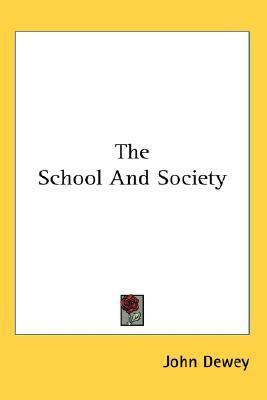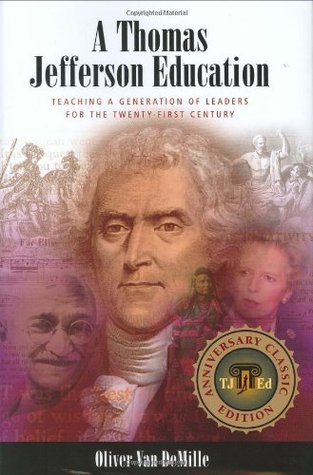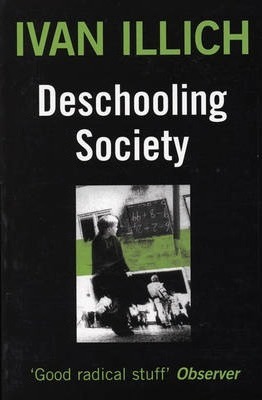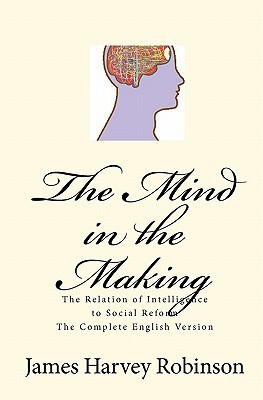
The School And Society
Book Description
Imagine a world where education isn't just about facts and figures, but a vibrant seedbed for democracy and community. In "The School and Society," John Dewey ignites a revolutionary vision of learning that intertwines the classroom with the pulse of everyday life. Schools become living laboratories, shaping not only minds but also society itself. As Dewey challenges conventional norms, he artfully navigates the tension between tradition and innovation. Can education truly transform individuals and ignite social change? Discover the compelling ideas that continue to resonate and inspire a new generation of learners. What role will you play in this unfolding narrative?
Quick Book Summary
"The School and Society" by John Dewey is a pioneering treatise that reimagines the role of education in modern life. Dewey argues for an educational system rooted not in rote memorization or passive absorption but in active engagement with real-world experiences. He believes schools should mirror and integrate with society, empowering students to become critical thinkers and thoughtful citizens. By aligning educational practices with democratic values and social needs, Dewey envisions the school as a microcosm of the broader community, where learning is inseparable from living. His progressive ideas on experiential learning, social interaction, and the cultivation of individuality continue to influence educators and reformers seeking to connect learning with the demands and opportunities of contemporary society.
Summary of Key Ideas
Table of Contents
The Role of Experience in Learning
Dewey begins "The School and Society" by critiquing traditional education, which he perceives as stagnant and disconnected from the realities of life. He observes that the industrial revolution and changing social structures demand new approaches to learning. Instead of rigid routines and memorization, Dewey advocates for education that is flexible, relevant, and dynamic. He emphasizes the importance of connecting school curriculum with the changing fabric of society, believing that true education arises from engagement with real-life challenges and problems.
Schools as Social Communities
Central to Dewey's vision is the concept of experience as the foundation of all learning. He asserts that children learn best when they can interact with their environment—through hands-on activities, collaborative projects, and exploration. Such experiences not only impart knowledge but also foster intellectual curiosity, problem-solving skills, and adaptability. Dewey encourages the use of workshops, scientific laboratories, and artistic studios in schools to bridge the gap between theory and practice, making learning a meaningful and integrated process.
Bridging School and Real Life
Dewey further contends that schools should function as social communities, mirroring the broader society in miniature. For him, education must cultivate cooperation, empathy, and communication, preparing students for participation in democratic society. Teachers, in this context, are facilitators rather than authoritarian figures. They help guide students through shared experiences, fostering a sense of collective responsibility and group problem-solving. The school thus becomes a laboratory for democracy, where students learn both subject matter and the social skills necessary for civic engagement.
Education as a Vehicle for Democracy
A transformative element in Dewey’s thought is his insistence on bridging school and real life. He believes learning should not be confined within classroom walls but should reflect and impact the larger community. Students engage with practical tasks that relate to home, work, and society—such as cooking, gardening, and civic projects—making their education directly applicable and empowering. This approach helps develop individuals who are not only knowledgeable but also socially conscious and resourceful citizens.
Innovation versus Tradition in Teaching
Dewey recognizes the tension between tradition and innovation in education. While he values inherited knowledge, he stresses the need for schools to adapt to contemporary social realities. This calls for ongoing experimentation, flexibility, and openness to change in teaching methods and curricula. By balancing respect for tradition with a commitment to progress, Dewey's educational philosophy strives to cultivate independent thinkers capable of shaping society for the better, underscoring his belief in education as a catalyst for meaningful social transformation.
Download This Summary
Get a free PDF of this summary instantly — no email required.





